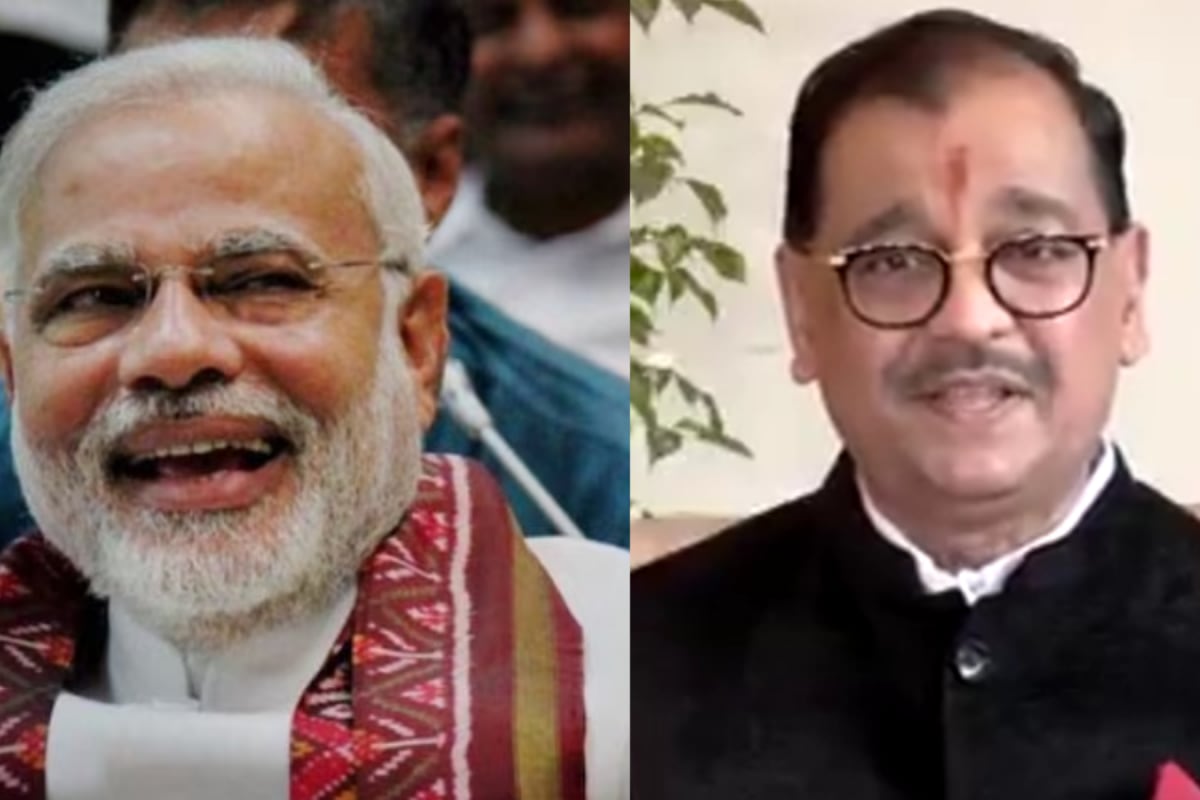

Prime Minister Narendra Modi recently engaged in a lighthearted exchange with Ujjwal Nikam, a newly-nominated Member of Parliament (MP) in the Rajya Sabha, regarding language preference, amidst a heated debate over language in Maharashtra. This banter occurred during a phone call where Modi informed Nikam of his nomination to the Rajya Sabha. The Prime Minister reportedly asked Nikam whether he should converse in Marathi or Hindi. Nikam responded by saying that Modi was a master of both languages. Modi then congratulated him in Marathi.
The seemingly innocuous exchange gains significance when viewed against the backdrop of the ongoing language controversy in Maharashtra. The state has witnessed heightened tensions surrounding the use and promotion of Marathi, the local language, versus Hindi, which some perceive as being imposed. Recent incidents of violence related to the language issue have also been reported. The Thackeray brothers, Raj and Uddhav, have been vocal against what they see as the imposition of Hindi in Maharashtra. This has led to instances of targeting individuals who do not speak Marathi.
The language debate in India is not new. It dates back to the drafting of the Constitution, where disagreements arose regarding the status of Hindi as the national language. While Hindi is the official language of the Union government, India recognizes 22 official languages. The debate often resurfaces, particularly in the context of education policy and government communications. The National Education Policy (NEP) has been a focal point, with some critics arguing that it gives undue importance to Hindi. The debate highlights the complexities of linguistic diversity and identity in India. Concerns have been raised that promoting one language at the expense of others could lead to cultural homogenization and disadvantage non-Hindi speakers.
The issue is further complicated by regional sentiments and historical tensions. Southern states, particularly Tamil Nadu, have strongly resisted the imposition of Hindi, viewing it as a threat to their linguistic and cultural identity. The debate also touches upon the concept of "linguistic secularism," which emphasizes the acceptance and promotion of different languages in India. The Supreme Court has also weighed in on the matter, underscoring the right of individuals to choose their medium of instruction and the importance of accommodating diverse linguistic aspirations.
In Maharashtra, the state government recently withdrew a resolution to make Hindi a compulsory third language in public schools due to strong opposition. This decision underscores the sensitivity of the language issue and the need for a balanced approach that respects regional linguistic preferences. The state government has formed a committee to explore the implementation of the three-language formula outlined in the NEP.
Ujjwal Nikam, the recipient of PM Modi's call, is a prominent lawyer known for his work as a special public prosecutor in high-profile cases, including the 1993 Mumbai serial blasts and the 2008 Mumbai terror attacks. His nomination to the Rajya Sabha has been widely discussed. Nikam has acknowledged the role of Hindi in his career and expressed his intention to learn the local languages of the states he visits.
PM Modi's gesture of initiating the conversation in Marathi and inquiring about Nikam's language preference can be interpreted in multiple ways. It could be seen as a lighthearted attempt to acknowledge and defuse the ongoing language tensions in Maharashtra. It may also be a symbolic gesture of respect for the Marathi language and culture. Political analysts suggest that it may be a way of reaching out to the people of Maharashtra amidst the language debate.